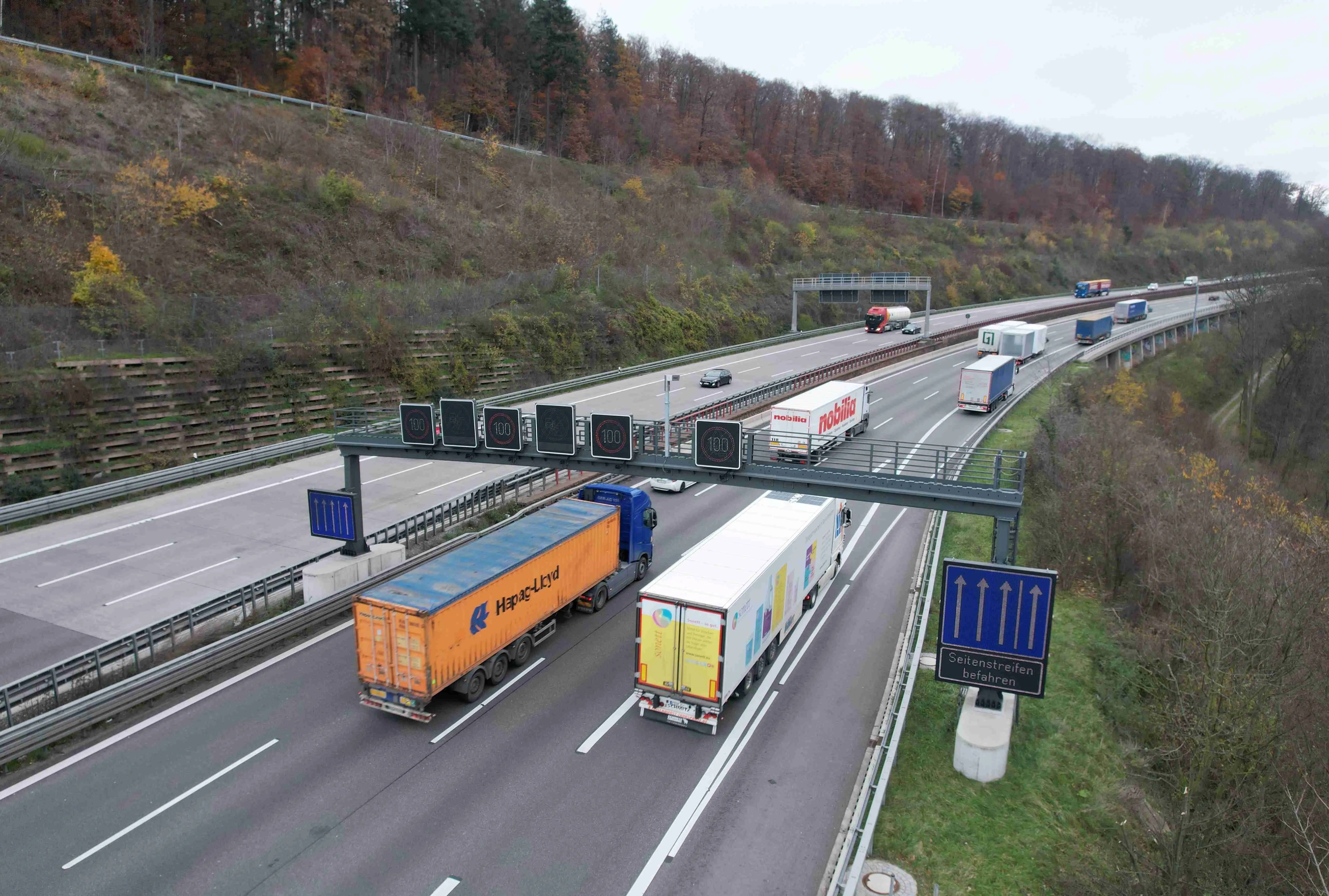
The Chinese government is turning to ITS to help solve urban traffic congestion in the majority of its large cities. Eugene Gerden reports.
China is investing an estimated 3.5bn yuan ($551 million) per year in ITS and while the country’s current economic strategy may see this decline, the government plans to continue active development of the national intelligent transport system.
A Chinese Ministry of Transport (CMoT) spokesman said the development of ITS in the country will continue in accordance with the existing state program: The development of transportation sector in China during the period of 2012-2020.
According to Hong Xiaofeng, deputy director of the Department of Science and Technology for CMoT, amid the country’s ever-growing number of cars, the government plans more active use of smart transport technologies to optimise the traffic network and lower carbon emissions.
Underlining the importance of implementation of these plans is a CMoT that forecasts the number of cars in the country will exceed 200 million by 2020.
Wang Xiaojing, chief engineer at the Research Institute of Highways (part of CMoT) said the initial stage includes plans to install electronic road signs on the streets of the largest cities. He added that these installations will show data collected through the use of intelligent traffic technologies.
As ITS International went to press, CMoT was completing the integration of new electronic toll collection (ETC) systems enabling free-flow tolling on the highways in Shanghai and other large cities.
According to Li Zheliang, deputy director of the Shanghai Road Administration’s road network monitoring centre, the city now has more than 220,000 vehicles using the ETC service with about 80,000 cars being equipped with the device every year since 2009.
The introduction of new ITS technologies is planned to take place in cooperation with foreign partners – one example being Chinese telecommunications equipment and network solutions supplier ZTE. It has signed a 1.2bn yuan (US$186 million) deal with Ruselectronics, one of Russia’s leading electronics organisations, for the supply of Russian ITS solutions for the Chinese transport system and local transport infrastructure.
Among the new products are an ‘intelligent antenna system’ and other ‘Smart City’ technologies.
According to Wu Zhongze, head of the China Intelligent Transportation Systems Association, last year the total value of the Chinese ITS market was 100 billion yuan (US$16 billion). The Chinese government has already planned and implemented the installation of ITS on the country’s 12,000 mile high-speed railway network.
The planned volume of investments in ITS has not been disclosed but the majority of funding is expected to come from state sources, with private investors providing the rest. To that end, the Chinese government has announced its plans to create conditions more conducive to private investments in the ITS field and to entice the country’s leading IT vendors to design new ITS systems for the country’s transport sector.
Currently, the leading ITS solutions providers in China include local companies United Electronics, Qiming Information Technology, Navinfo, Wanda Zixun and China Transinfo. There are also plans to attract Western vendors like German software company
However, analysts of the China Intelligent Transportation Systems Association say further development of China’s ITS market may be hampered by the lack of necessary infrastructure and a potential shortage of investments due to the beginning of the economic recession in China.
China has been investing an estimated 3.5bn yuan ($551 million) in ITS annually but the country’s current economic decline may see this level of investment fall significantly this year.
CMoT also plans to install ITS applications on smartphones (particularly those produced by Chinese manufacturers such as
About the Author: Eugene Gerden is an international freelance writer, based in St. Petersburg, who specialises in current affairs.









